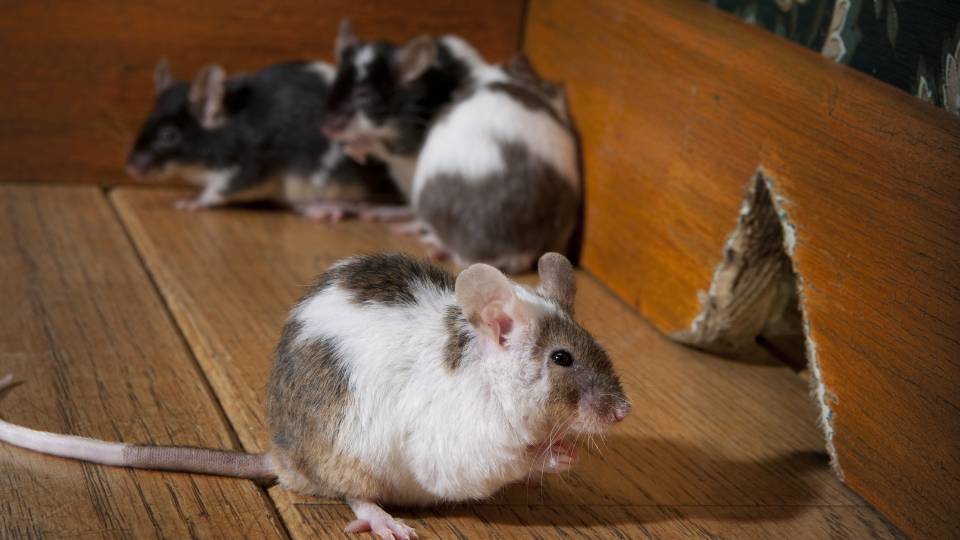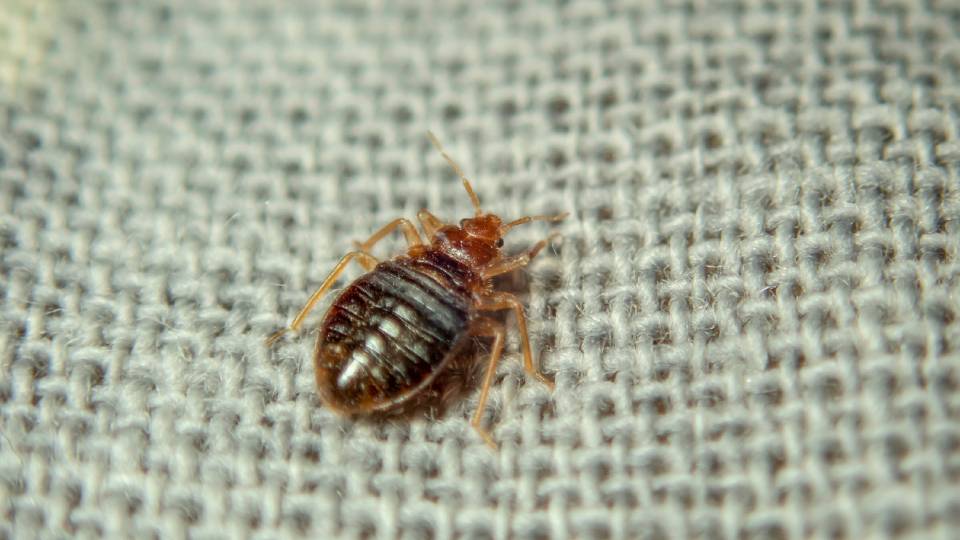
Father’s Day waste is a huge problem in the UK.
Father’s Day is a special occasion to celebrate and honour dads across the UK, but unfortunately, it also brings about a significant amount of waste.
From food and packaging, to cards and gifts, the environmental impact is pretty significant.
In 2023, it was estimated that Father’s Day spending in the UK reached around £799 million, contributing to substantial waste in the form of cardboard, plastic, and food.
Table of Contents
- The Environmental Impact
- Tips for Reducing Father’s Day Waste
- Creative Recycling Ideas to Avoid Father’s Day Waste
- Conclusion

The Environmental Impact
Father’s Day generates around 2,815 tonnes of cardboard waste, 3,378 tonnes of plastic waste, 27 million greeting cards, and 6,135 miles of wrapping paper.
Whilst it’s always important to celebrate your loved ones on special occasions, there’s ways you can prioritise sustainable practice in order to reduce waste.
Cardboard and Plastic Waste from Father’s Day
- Deforestation and Habitat Loss:
The production of cardboard often involves deforestation, leading to the loss of habitats for numerous species and contributing to biodiversity decline.
This not only affects wildlife but also disrupts ecosystems and the services they provide, such as carbon sequestration and water regulation.
- Carbon Emissions:
Manufacturing and transporting cardboard and plastic products produce significant carbon emissions, contributing to global warming and climate change.
The process of extracting raw materials, processing them, and delivering finished products to consumers involves burning fossil fuels, which releases greenhouse gases into the atmosphere.
- Plastic Pollution:
Plastic waste, especially when not properly disposed of, can end up in oceans and waterways.
This pollution harms marine life, as animals can ingest or become entangled in plastic debris.
Microplastics, tiny fragments of plastic, are particularly problematic as they can enter the food chain and potentially harm human health as well.
Father’s Day Greeting Cards and Wrapping Paper Waste
The celebration also sees the exchange of approximately 27 million greeting cards and the use of 6,135 miles of wrapping paper.
These items, often not recycled properly, have several environmental repercussions:
- Paper Waste and Deforestation:
Producing greeting cards and wrapping paper requires large quantities of paper, contributing to deforestation and the associated environmental issues.
Even though paper is biodegradable, the sheer volume of waste generated puts a strain on waste management systems.
- Energy Consumption:
The production of paper products consumes substantial amounts of energy and water.
The pulping process is particularly energy-intensive, contributing to further carbon emissions and water usage.
- Chemical Pollution:
Many greeting cards and wrapping papers are treated with inks, dyes, and laminates, which can contain harmful chemicals.
When these products are not recycled and end up in landfills, the chemicals can leach into the soil and groundwater, causing pollution and potentially impacting human health.
Father’s Day Food Waste
Father’s Day celebrations often involve special meals and gatherings, which can lead to significant food waste.
The environmental impacts of food waste include:
- Greenhouse Gas Emissions:
When food waste decomposes in landfills, it produces methane, a potent greenhouse gas.
Methane has a much higher global warming potential than carbon dioxide, making food waste a major contributor to climate change.
- Resource Wastage:
Producing food that ends up being wasted involves using resources such as water, land, and energy.
This wastage means that the environmental footprint of food production, including deforestation, water use, and carbon emissions, is incurred without the intended nutritional benefit.
- Pollution:
Excess food waste can lead to pollution problems, particularly if it enters waterways.
Nutrient runoff from decomposing food can cause algal blooms, which deplete oxygen in water bodies and harm aquatic life.

Tips for Reducing Father’s Day Waste
Thoughtful Gifting:
- Experience Over Material:
Consider gifting experiences such as a day out, a special meal, or a workshop instead of physical gifts.
This not only reduces waste but also creates memorable moments!
- Homemade Gifts:
Handmade gifts using recycled materials can be both personal and eco-friendly.
For example, a photo album made from recycled paper or a DIY planter crafted from old containers.
Eco-Friendly Wrapping for Father’s Day Gifts:
- Sustainable Wrapping Paper:
Use recyclable wrapping paper or fabric wraps.
Avoid glitter and plastic-coated papers which are not recyclable.
- Reused Materials:
Repurpose old newspapers, maps, or fabric scraps as wrapping materials.
This reduces waste and adds a unique touch to your gift presentation.
Recycling Cards:
- Digital Cards:
Send digital greeting cards to reduce paper waste.
Many platforms offer customisable options that can be just as heartfelt.
- Recycled Cards:
If you prefer physical cards, opt for those made from recycled paper or make your own using materials you already have at home.
Reducing Food Waste on Father’s Day:
- Meal Planning:
Plan your Father’s Day meals carefully to avoid over-purchasing.
Use leftovers creatively in new dishes to minimise waste.
- Composting:
Compost any food scraps to ensure they return to the earth in a beneficial way, reducing the overall waste sent to landfills.

Creative Recycling Ideas to Avoid Father’s Day Waste
Father’s Day is the perfect occasion to show appreciation and love for our dads.
However, this year, instead of opting for store-bought gifts, why not make the celebration more meaningful and environmentally friendly?
Creative recycling allows us to repurpose items we already have, turning them into unique, heartfelt gifts.
Upcycled Home Decor:
Create unique home decor items like picture frames or coasters from reclaimed wood or other materials you have on hand.
DIY Craft Projects:
Use old tools, gadgets, or materials to craft something useful or decorative.
For instance, turn an old toolbox into a portable garden for herbs.
Personalised Recycled Gifts:
Personalise gifts such as a custom-made notebook from recycled paper or a jar of homemade biscuits in a repurposed container decorated with personal touches.

Conclusion
By focusing on sustainable practices and thoughtful gifting, we can celebrate Father’s Day in a way that honours our dads while also caring for our planet!
Small changes and mindful decisions can significantly reduce the environmental impact of our celebrations, making them more sustainable for future generations.








